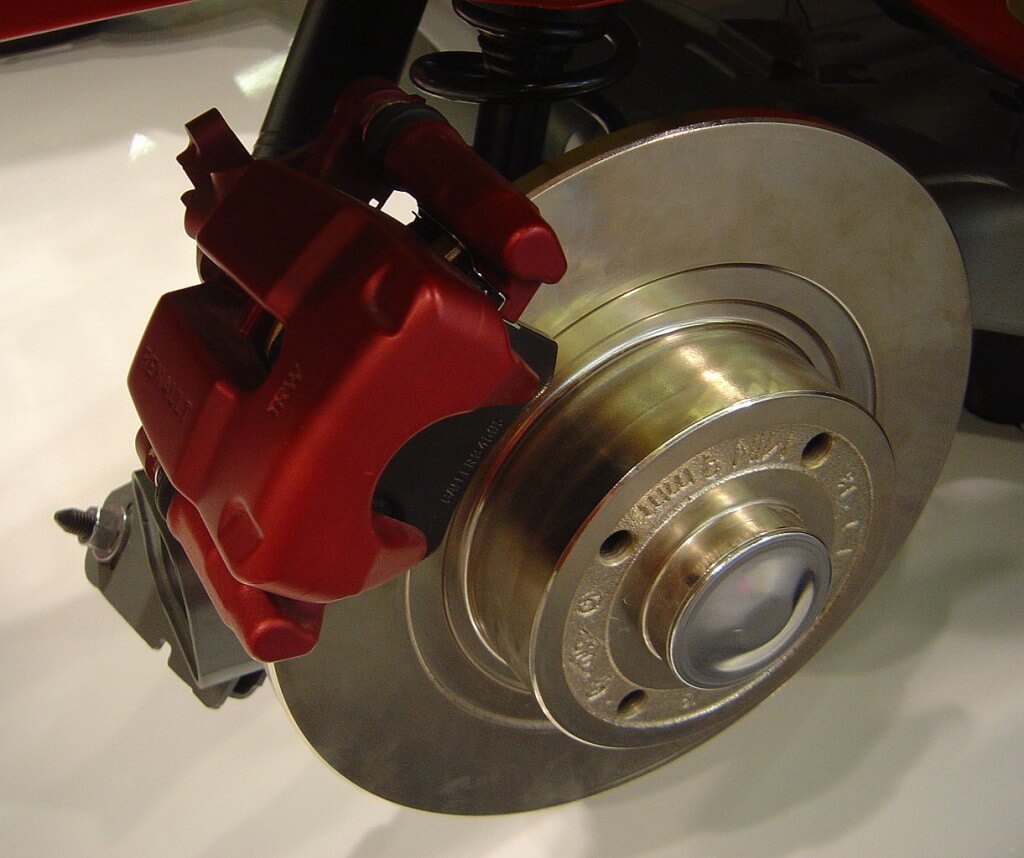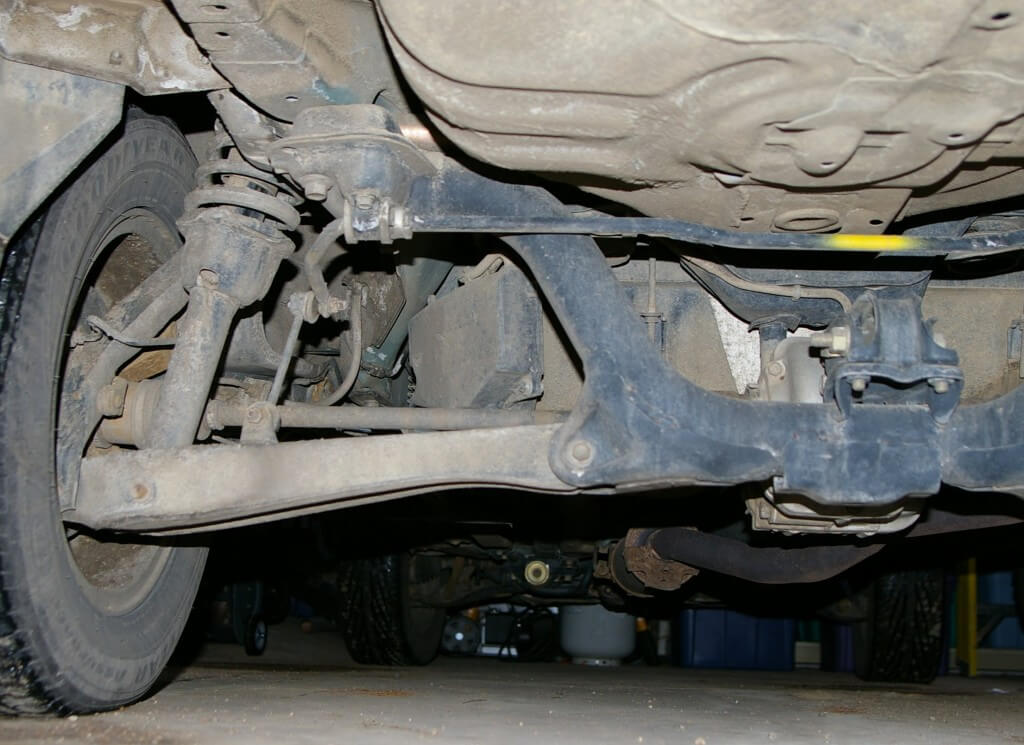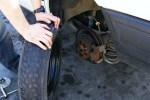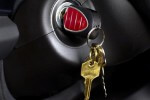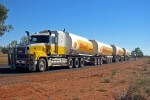Car Care & Maintenance · Customized & Improvised · The African Autos
How To Know Your Car Brakes Are Not Right
Brakes are a matter of life and death in your car. Imagine the kind of damage that faulty or non-functional brakes would cause. Terrible, to say the least. But brakes have a way of communicating with you, telling you when everything is not right. By feel and sound alone, you can tell when everything is not right with your car brakes. What should you always listen out for?
When your brakes squeal
Brake squealing is characterized by high-pitched screeching noise similar to that of fingernails dragging across the chalkboard. This annoying noise indicates that your brake system is not functioning as it should be and therefore repairs are needed. When you hit the emergency brakes, the squealing could be from the tires, so learn to tell the difference. For the disc brakes, worn out pads is a common reason for the squealing.
Disc brakes have a built-in wear indicator. With time, the brake pad material eats this wear indicator and it starts to make contact with the rotor, producing the squealing sound. When your brakes squeal, take the vehicle to a mechanic for checking. In most instances, the pads need to be replaced.
Failure to replace brake pads means that they will keep wearing out and finally, the wear will continue to the grooves in the rotor. At this point, you will hear a grinding noise because the damage is more substantial and it will cost you more money to repair.
Drum brakes squeal if the brake shoes are worn out or when there is poor contact between the drum and the shoes. The most common cause of squealing for drum brakes is poor contact between the shoes and the drum or brake shoes that have worn out.
An important thing to note is that car brakes can squeal even when there is no damage, usually because of the driving conditions. They often squeal when they are under pressure or when they become heated up, especially during extensive mountain driving.
Why does your car vibrate when you hit the brakes?
Braking sometimes causes vibration or some slight shaking motion when you hit the pedal. The extent of vibration depends on the damage on the brakes. Sometimes, it is nothing at all. Sometimes, it could be the car shaking and sometimes, it could be the steering wheel, or the brake pedal itself that shakes. Whatever … if it shakes or wobbles when you hit the brakes, then it is because there is some relationship with the brakes.
Mostly, brake vibration is caused by:
- There is something that we call the run out figure of the brakes. Brake rotors are supposed to have a run out of not more than 0.5mm and if it extends outside this figure, then there will be shaking of the brakes.
- When your pads are damaged, warped or worn excessively, they will cause vibration. Pads also cause vibration after gripping the rotor if they are contaminated by oil, dirt or other substances.
- Poor alignment - Brakes are likely to vibrate when the wheels are not aligned properly. A good way to test if your vehicle is properly aligned is by driving at 80km/h on a straight traffic free road then let go of the steering wheel for a short moment. If the vehicle is not well aligned, it will start swerving right or left.
- Worn out or damaged discs make brake hold uneven, thus vibrating without warning.
- Worn-out suspension components such as tie rods, ball joints and wheel bearings will cause brake problems.
How does dust and mud affect my brakes?
Fluids, small rocks and dust particles can damage the brakes. Dust particles can affect brakes if they get into the brake fluid. They will form small clods that will change the ability of brake fluid to withstand high pressure making it more likely to fail. Make sure that the lid on the master reservoir is tight after checking or replacing the brake fluid to prevent the entry of dust particles or water.

